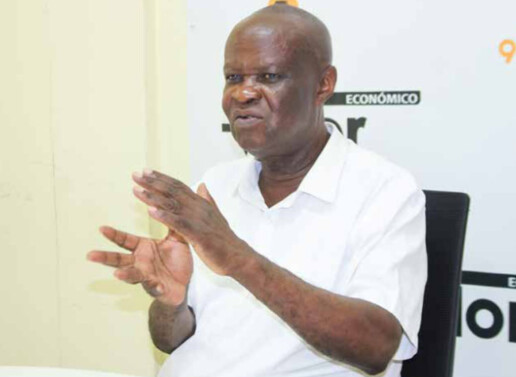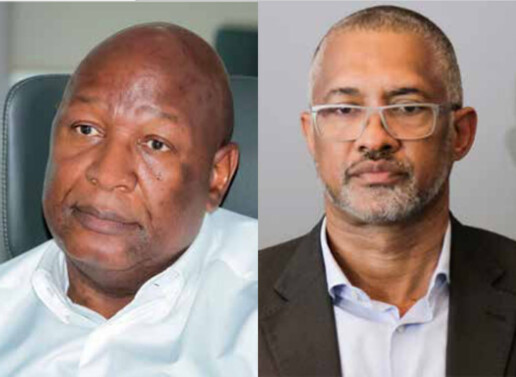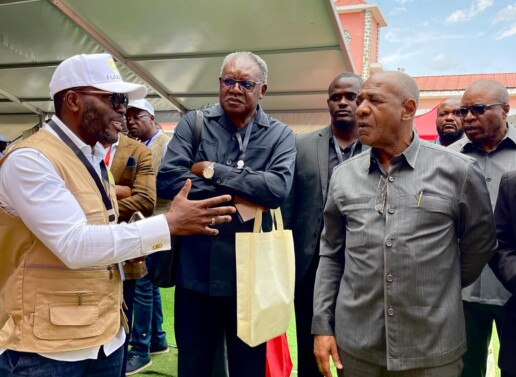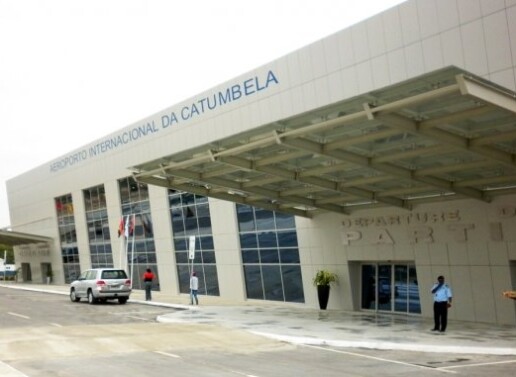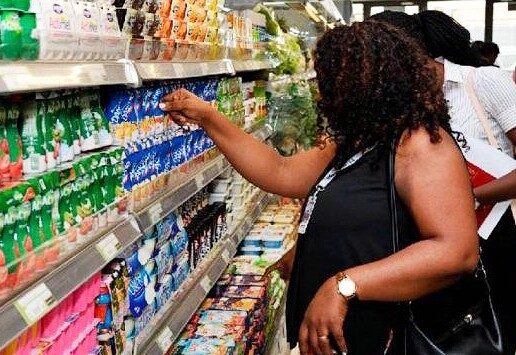The International Monetary Fund (IMF) warns of the yet-to-be-perceived risks of Angola’s inclusion on the Financial Action Task Force (FATF) Grey List, admitting that it could delay investments in the Lobito Corridor.
Angola returned to the Grey List in October due to persistent and unresolved deficiencies in combating money laundering and terrorist financing.
FATF is an intergovernmental organization aimed at fighting money laundering and terrorist financing.
The so-called Grey List includes 25 countries and jurisdictions with “strategic deficiencies” in their actions against money laundering, terrorist financing, or the proliferation of weapons of mass destruction. However, these countries have committed to addressing the issues and are under increased monitoring.
In its evaluation report on Angola, released this Thursday (March 6), the IMF acknowledges recent progress in certain areas, including strengthening the legal framework, improving access to beneficial ownership information, and enhancing investigative capacity.
Nevertheless, the country failed to avoid returning to the Grey List, mainly due to unresolved non-bank supervision deficiencies and delays in investigations, prosecutions, and sanctions related to money laundering and terrorist financing, given its high-risk profile.
FATF Develops an Action Plan
FATF has formulated an action plan to overcome these deficiencies by early 2027, which authorities have begun implementing with the support of the IMF and other partners. This plan will be crucial to mitigating the negative economic impact of the Grey List, which, according to the Lusa-consulted report, “has been limited so far.”
The IMF highlights that Grey List inclusion could restrict cross-border transactions, reduce capital flows, and increase external financing costs. A sudden loss of capital inflows could deplete reserves, increase exchange rate pressures, and lead to inflation.
“The economic impact of the current Grey List has not yet been felt. Besides the slowdown in cross-border transactions due to legal compliance, there is no evidence of capital outflow reductions or higher financing costs,” the IMF states. However, it notes that being on the EU’s list of high-risk third countries increases procedural requirements, and prolonged inclusion on the Grey List could delay the recovery of correspondent banking relationships (CBRs) in U.S. dollars and foreign direct investment linked to the Lobito Corridor.
Could the Upcoming Elections Hinder Reforms?
The IMF fears that the approaching 2027 presidential elections in Angola could jeopardize ongoing reforms, advocating for the continuation of fuel subsidy removal and the implementation of an automatic pricing mechanism, independent of political cycles.
In the same report, the IMF states that Angola’s economy recovered to 3.8% in 2024 (compared to 1% in 2023). However, it warns that dependence on oil continues to weigh on medium-term growth, given the volatility of oil prices and production. Oil accounts for 95% of Angola’s exports and 60% of fiscal revenue.
The institution expresses concerns about the effects of political uncertainty on economic reforms, particularly in light of the 2027 presidential elections and an increasingly turbulent political climate. This comes after the MPLA, which has governed Angola since independence in 1975, lost several parliamentary seats to UNITA, the main opposition party, in the last elections.
Political tensions “could delay the implementation of key reforms, particularly the end of fuel subsidies and domestic revenue collection, while accelerating capital expenditures,” the report states.
The IMF emphasizes that Angola’s fiscal situation has become more fragile, despite a decline in public debt to 64% of GDP in 2024 and a 20% increase in oil revenues. This fragility is attributed to weak non-oil revenue performance, capital expenditure overruns, and a slower-than-expected fuel subsidy reform, leading to an overall fiscal deficit of 1% of GDP (compared to a 1.3% surplus in 2023).
DW, 03/06/2025

